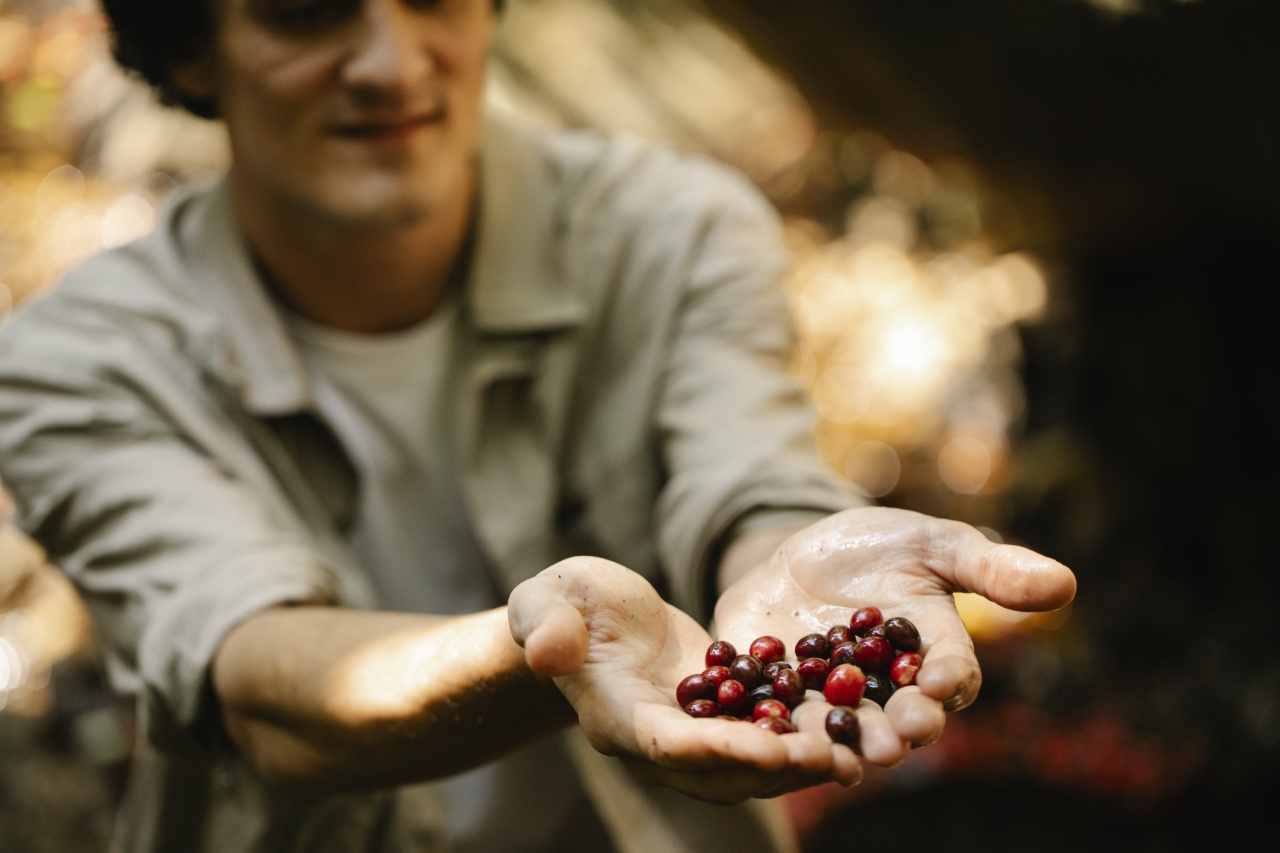When it comes to antioxidants, most people immediately think of fruits and vegetables as the go-to sources. However, a surprising fact has emerged – coffee surpasses many fruits and vegetables in terms of antioxidant content.
Recent studies have shown that coffee is not only a popular beverage worldwide, but it also possesses numerous health benefits due to its high antioxidant levels. In this article, we will delve into the surprising fact that coffee beats fruits and vegetables in antioxidant content, explore the reasons behind it, and discuss the potential health implications.
The Antioxidant Power of Coffee
Coffee, the beloved morning beverage for millions, contains a variety of antioxidant compounds known as polyphenols. Polyphenols are naturally occurring chemicals found in plants that have been shown to have potent antioxidant properties.
These antioxidants help neutralize harmful free radicals in the body, preventing oxidative stress and protecting against chronic diseases such as heart disease, cancer, and neurodegenerative disorders.
Comparing Coffee to Fruits and Vegetables
While fruits and vegetables are commonly considered the main sources of antioxidants in our diet, recent scientific research has shed light on the fact that coffee contains higher levels of antioxidants than many popular fruits and vegetables.
For instance, a study published in the Journal of Nutrition compared the antioxidant activity of various foods and beverages, and surprisingly, coffee showed the highest antioxidant content among them all.
The study found that a typical serving of coffee contains more antioxidants than a serving of popular fruits such as oranges, strawberries, and blueberries.
It even outperformed some vegetables known for their antioxidant properties, including tomatoes and spinach. These findings challenge the prevailing notion that only fruits and vegetables provide significant amounts of antioxidants and highlight the potential health benefits of coffee consumption.
Understanding Coffee’s Antioxidant Composition
The predominant group of antioxidants found in coffee are a class of polyphenols called chlorogenic acids. These compounds are responsible for the majority of coffee’s antioxidant activity.
Chlorogenic acids have potent anti-inflammatory properties and have been associated with numerous health benefits, including a reduced risk of chronic diseases such as type 2 diabetes and certain types of cancer.
The Roasting Effect
The roasting process plays a vital role in determining the antioxidant content of coffee. The longer and darker the coffee beans are roasted, the more chlorogenic acids they tend to lose.
Therefore, lighter roasted coffee generally contains higher levels of antioxidants compared to darker roasts. This means that opting for lightly roasted coffee beans can potentially provide even more antioxidant benefits.
Other Factors Influencing Coffee’s Antioxidant Levels
In addition to the roasting process, several other factors can affect the antioxidant levels in coffee. The origin of the coffee beans, their variety, and how the coffee is brewed can all influence the final antioxidant content.
Studies have shown that coffee beans from certain regions, such as Ethiopia and Colombia, tend to have higher antioxidant levels compared to beans from other origins.
Furthermore, the brewing method can impact the overall antioxidant content of a cup of coffee.
Brewing methods that involve a longer contact time between the coffee grounds and water, such as French press and espresso, tend to extract more antioxidants compared to quicker methods like drip brewing.
Maximizing Antioxidant Intake from Coffee
Now that we know coffee can be a rich source of antioxidants, it is important to consider some tips to maximize the intake of these beneficial compounds:.
1. Choose lightly roasted coffee: Opt for coffee beans that are lightly roasted to retain higher levels of antioxidants.
2. Select high-quality coffee beans: Look for coffee beans from regions known to have higher antioxidant levels, such as Ethiopia or Colombia.
3. Experiment with brewing methods: Try French press, espresso, or other brewing methods that allow for longer contact time between the coffee grounds and water to extract more antioxidants.
4. Enjoy it black: Avoid adding excessive sugar, milk, or cream to your coffee, as these additions can dilute the overall antioxidant concentration.
Health Implications and Considerations
The growing evidence regarding coffee’s high antioxidant content and its associated health benefits opens up new possibilities in terms of disease prevention and overall well-being.
Regular coffee consumption has been linked to a reduced risk of various health conditions, including heart disease, liver disease, Parkinson’s disease, and certain types of cancer.
However, it is important to note that while coffee can be a valuable source of antioxidants, it should be consumed in moderation to avoid potential negative effects.
Excessive caffeine intake can lead to issues such as increased heart rate, insomnia, and even dependency. Moreover, coffee consumption may not be suitable for everyone, especially individuals with certain medical conditions or sensitivities to caffeine.
Conclusion
Contrary to popular belief, coffee beats many fruits and vegetables when it comes to antioxidant content. Its rich composition of various polyphenols, particularly chlorogenic acids, contributes to its impressive antioxidant activity.
By choosing lightly roasted coffee beans, considering the source and brewing method, and consuming it in moderation, individuals can enjoy the potential health benefits conferred by coffee’s antioxidants. Nevertheless, it is essential to consult with a healthcare professional regarding personal circumstances and medical conditions before committing to any dietary changes.





























